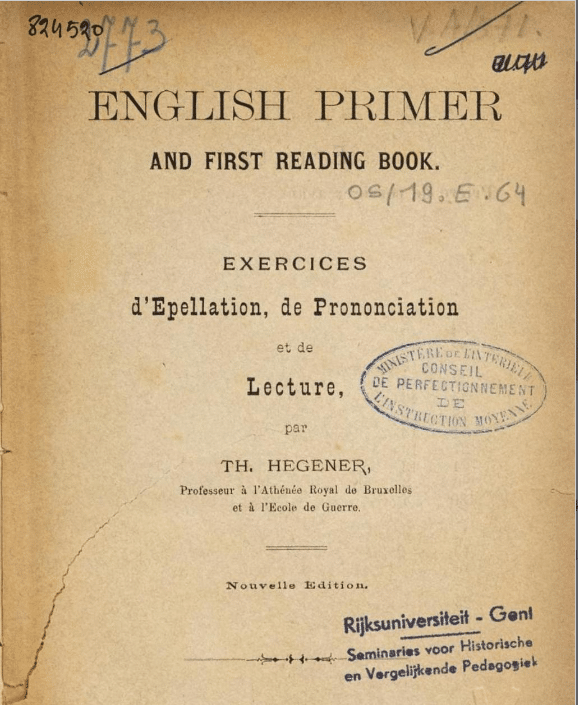When a dispute has a connection to more than one jurisdiction, and when the laws of those jurisdictions are materially different, a court must perform a choice-of-law analysis to determine which law to apply. To make this determination, a court will typically apply the choice-of-law rules of the jurisdiction in which it sits. Although choice-of-law rules vary significantly across U.S. states, many courts look to the Restatement (Second) of Conflict of Laws for guidance. The American Law Institute is currently in the process of drafting the Restatement (Third) of Conflict of Laws.
A Primer on Choice of Law
Choice-of-law rules are used to determine the rights, duties, and liabilities of persons involved in a case with a connection to more than one jurisdiction. In the United States, most choice-of-law rules are state law; the federal government rarely legislates in this area. Courts in the United States apply the same choice-of-law rules to international…
Continue ReadingExtraterritoriality in Flux
Earlier this month, at the annual meeting of the Association of American Law Schools, TLB Editors Maggie Gardner, Bill Dodge, and Hannah Buxbaum participated in a panel organized by the Section on Conflicts of Law entitled “Extraterritoriality in Flux.” This post summarizes their remarks. Maggie Gardner: It’s Time to Look Beyond the Presumption Against Extraterritoriality…
Continue ReadingAALS Conflicts Section Panel: Extraterritoriality in Flux
Those readers attending the AALS Annual Meeting in New Orleans might be interested in attending the panel sponsored by the Conflicts Section on January 9 at 8:00-9:15. The topic is “Extraterritoriality in Flux” and here is the description: In determining the law applicable in a particular case, a critical step is often to determine the…
Continue ReadingActually, Courts Love the Third Restatement: A Response to Listwa
Every author knows the mixture of excitement and trepidation that follows publication as you wait for the reviews to roll in. For Reporters of Restatements, the sentiment is perhaps more acute: there is one audience that is particularly important, judges, and one question that matters: will they find the Restatement helpful? It is gratifying whenever…
Continue Reading


